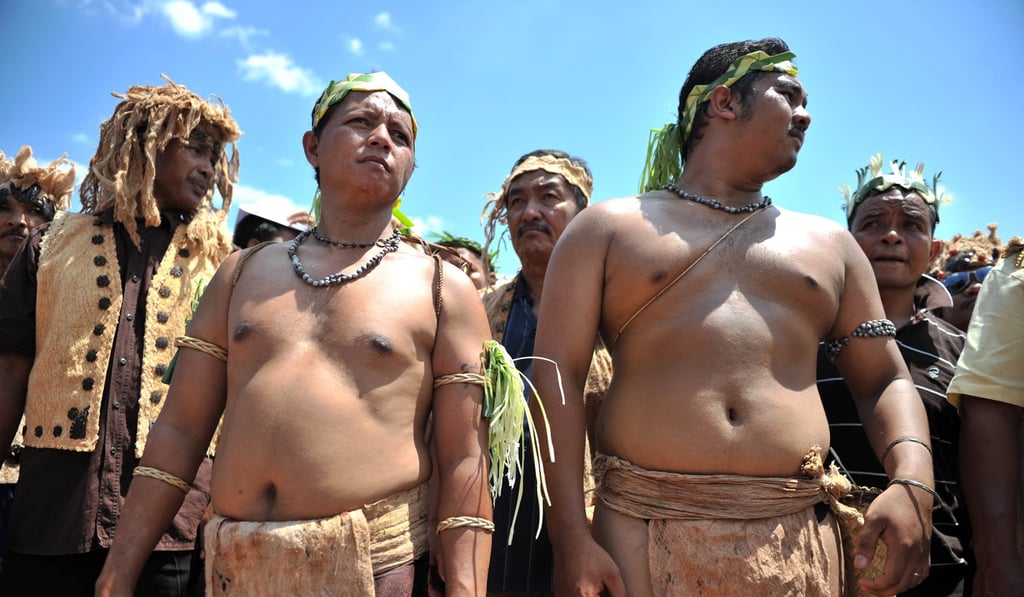Opinion | Lessons learned from a year at Malaysia’s levers of power
- This is the third of a series of essays by well-known Malaysians to be published in the run-up to May 9, the anniversary of the country’s first change of government.

First, people do not vote out of material interests alone. Many politicians tend to think that economic interest drives voters, and they thus promise infrastructure development as enticement for support from the electorate. Yet the experience of the past year shows that “man does not live by bread alone”.

For example, in the Cameron Highlands by-election in January, we saw voters in the government smallholders scheme, Felda, not voting for their current paymaster while Orang Asli (indigenous) voters kept to their traditional voting pattern of supporting the government of the day. What did they vote for? I call it political fidelity: they had a certain political commitment and kept to it. The challenge for the new ruling party today is to win the hearts and minds of the people, not just their stomachs.
By surrendering these discussions to their opponents, progressives not only fail to address critical questions arising from these important issues but are also often pushed to be on the defensive when it comes to debating them. Clearly, we have to reclaim this realm from the extremists, drawing from our rich traditions such as the Rukun Negara (national principles), the federal constitution, and our deep history of living together for centuries.